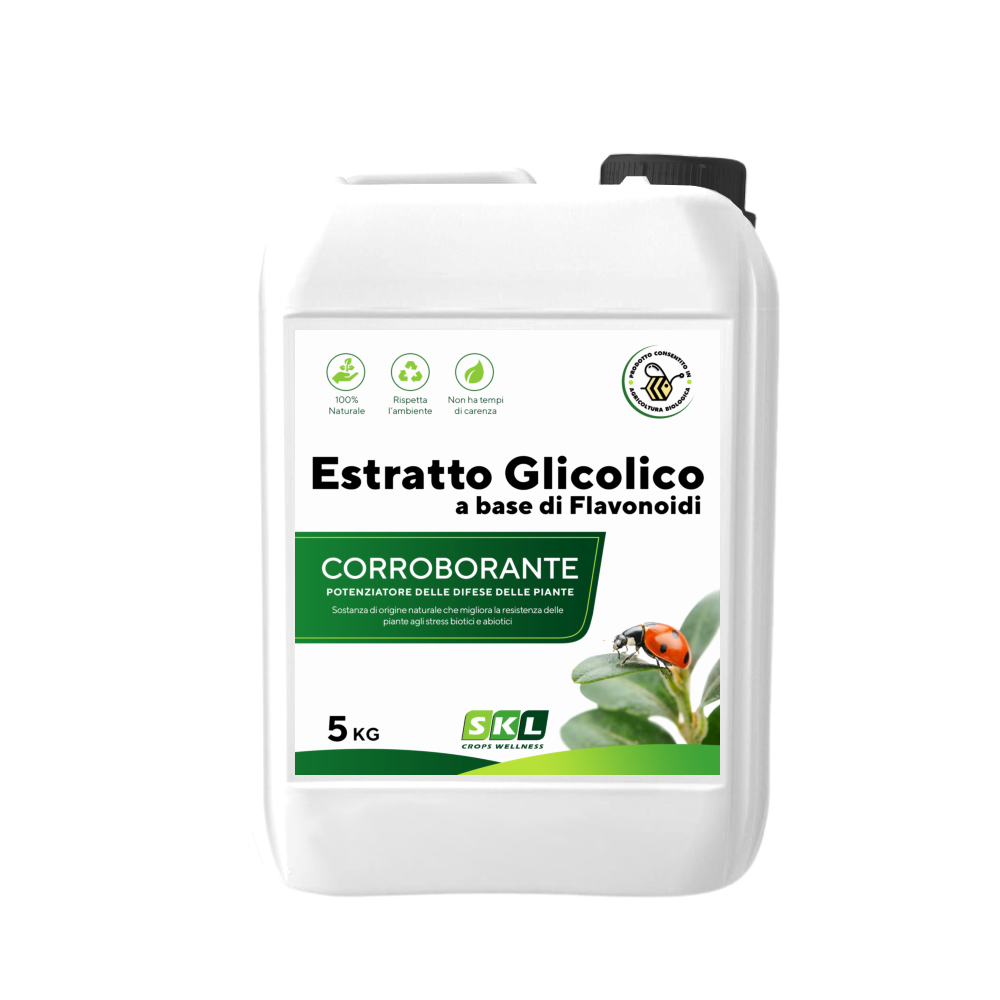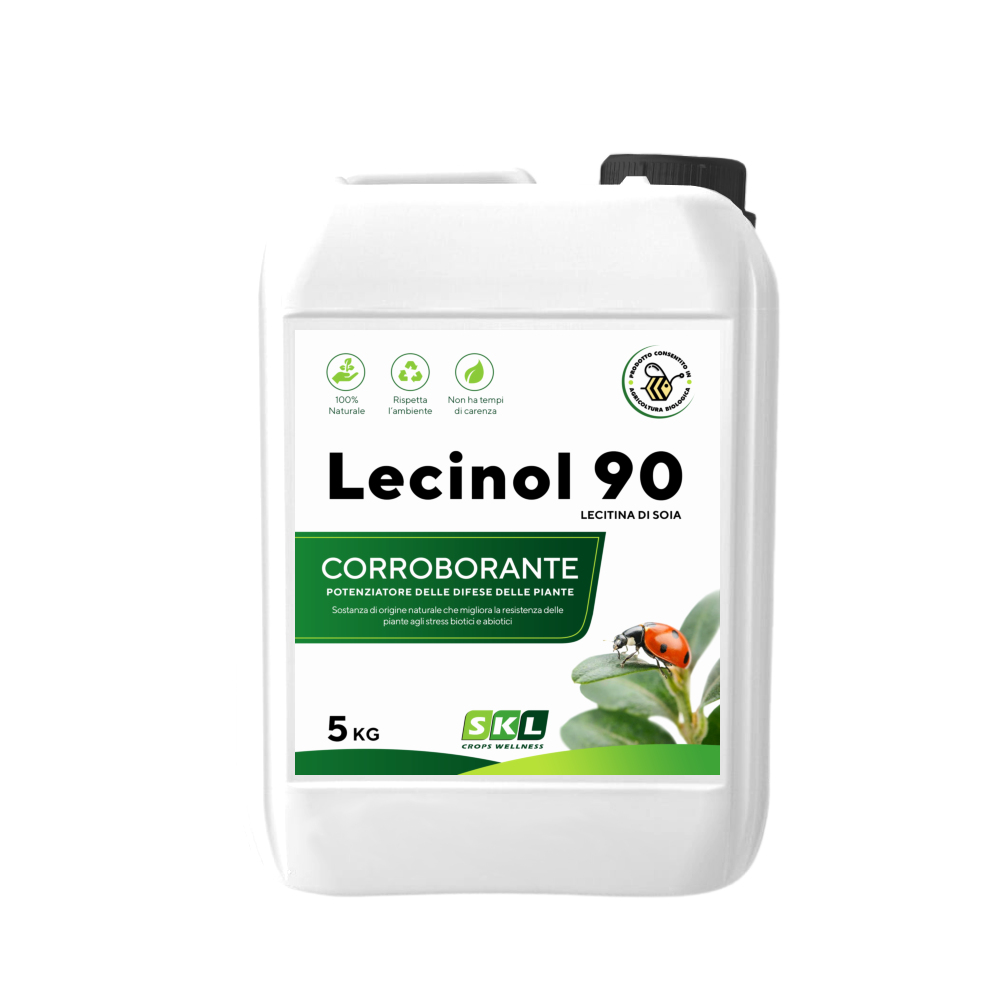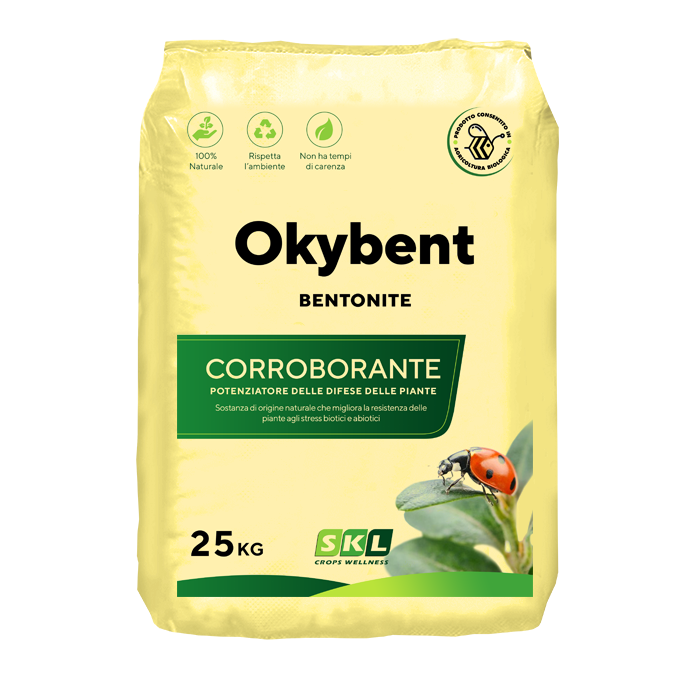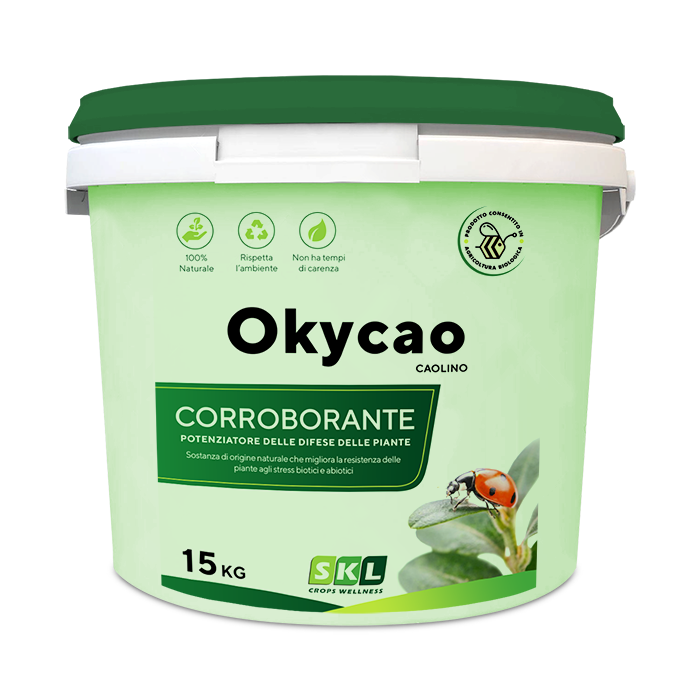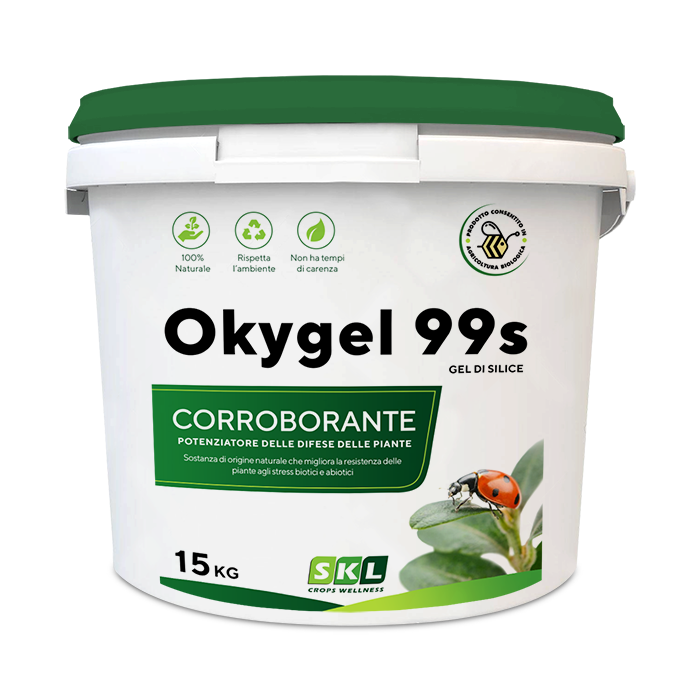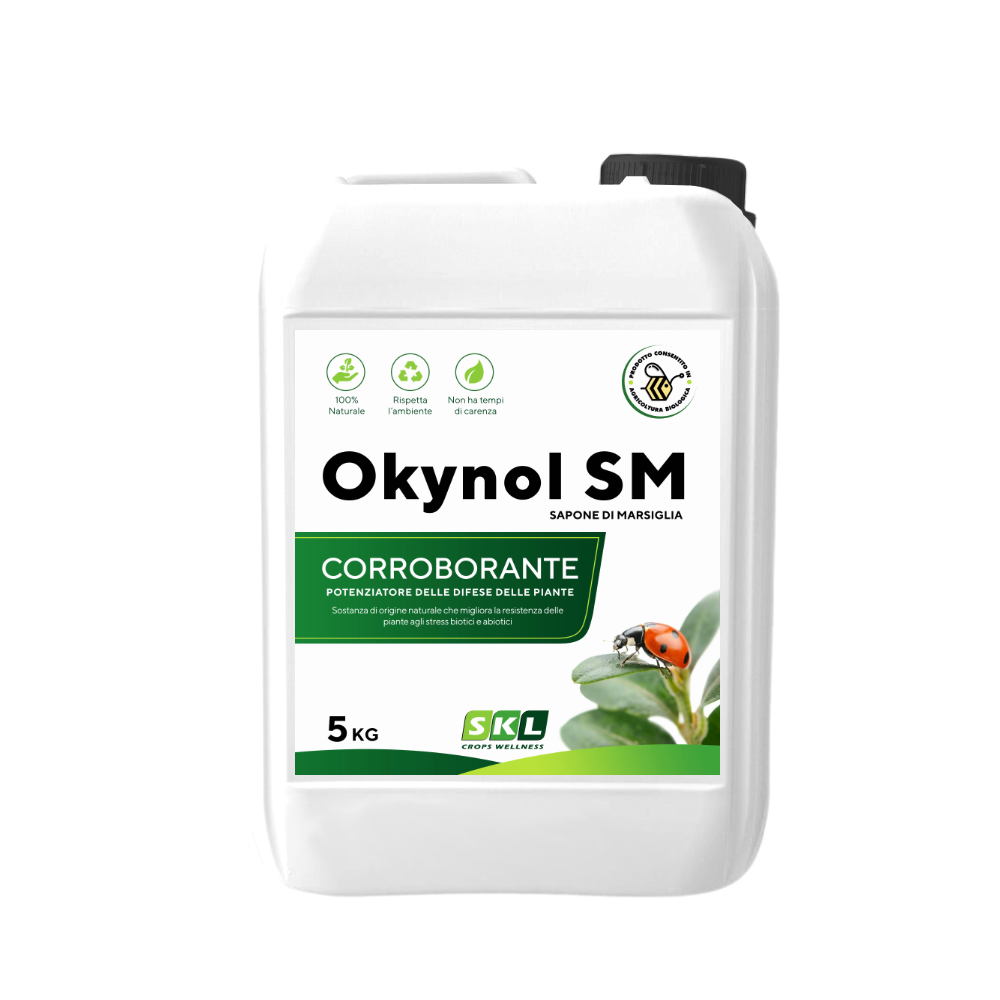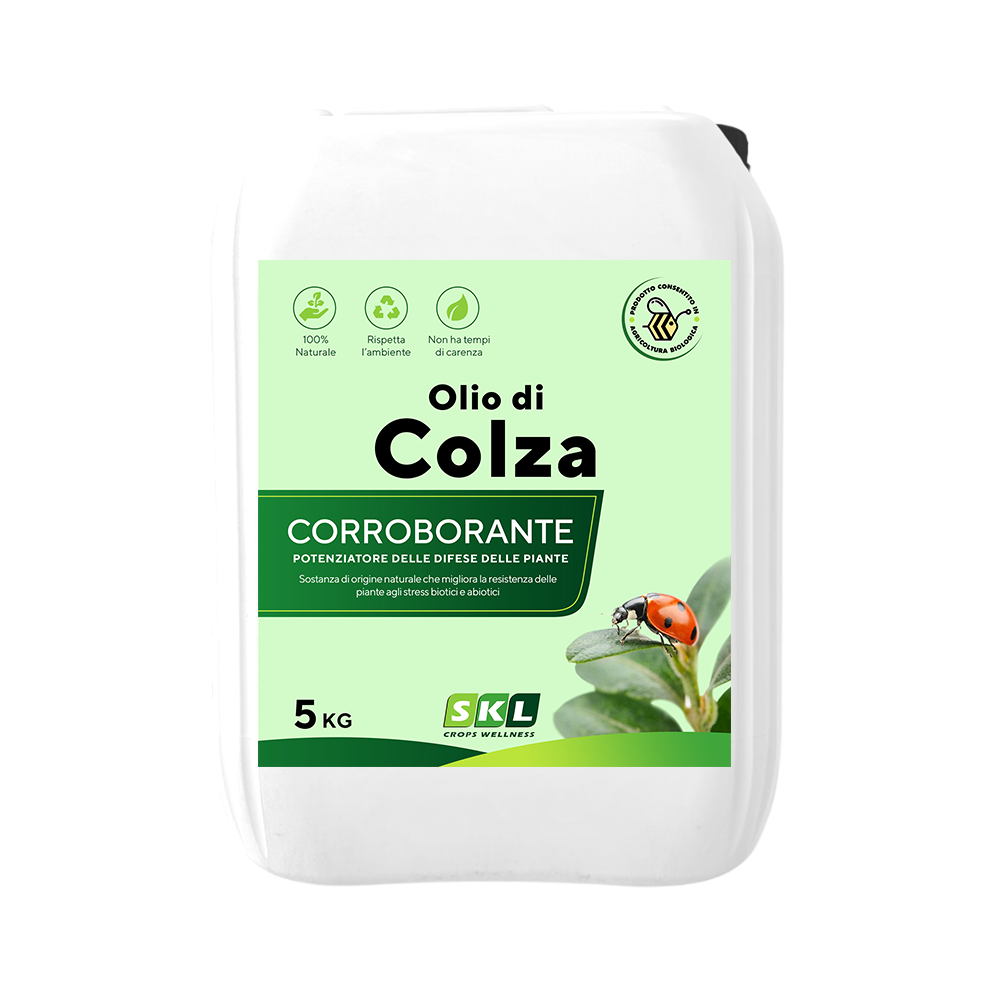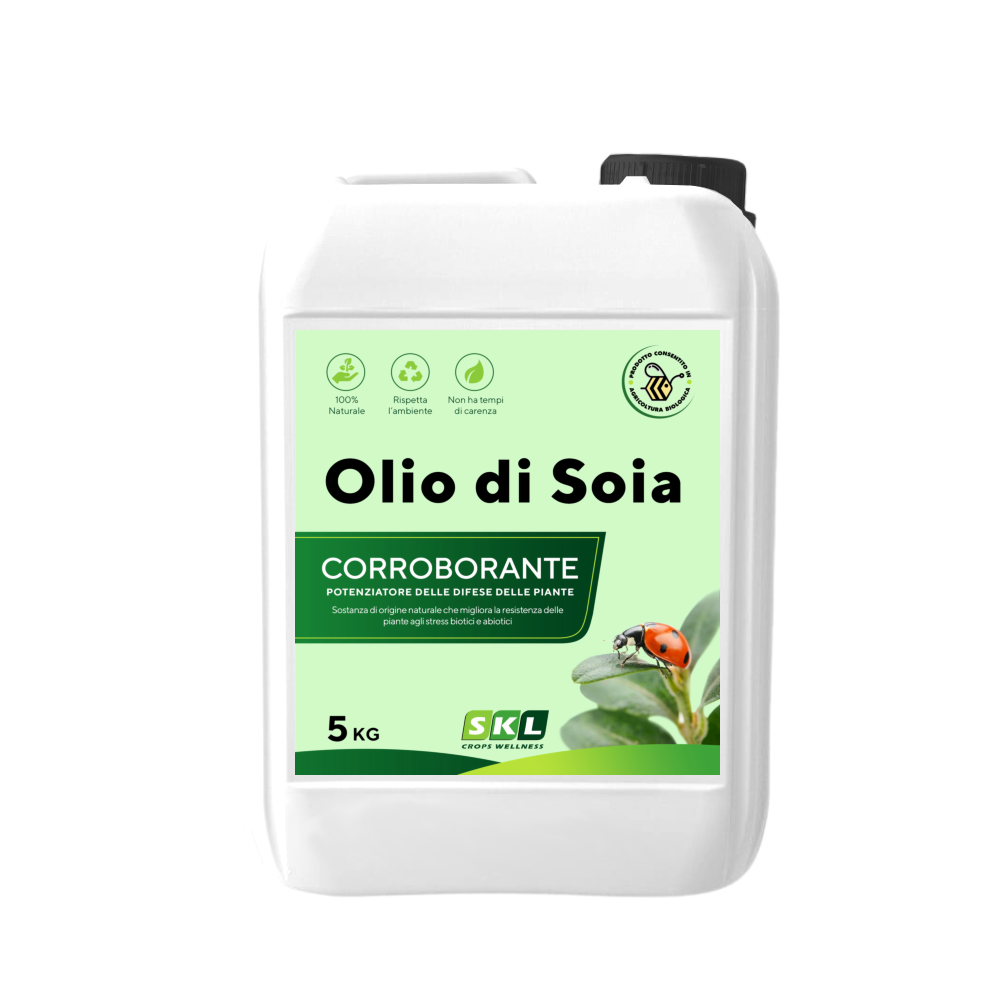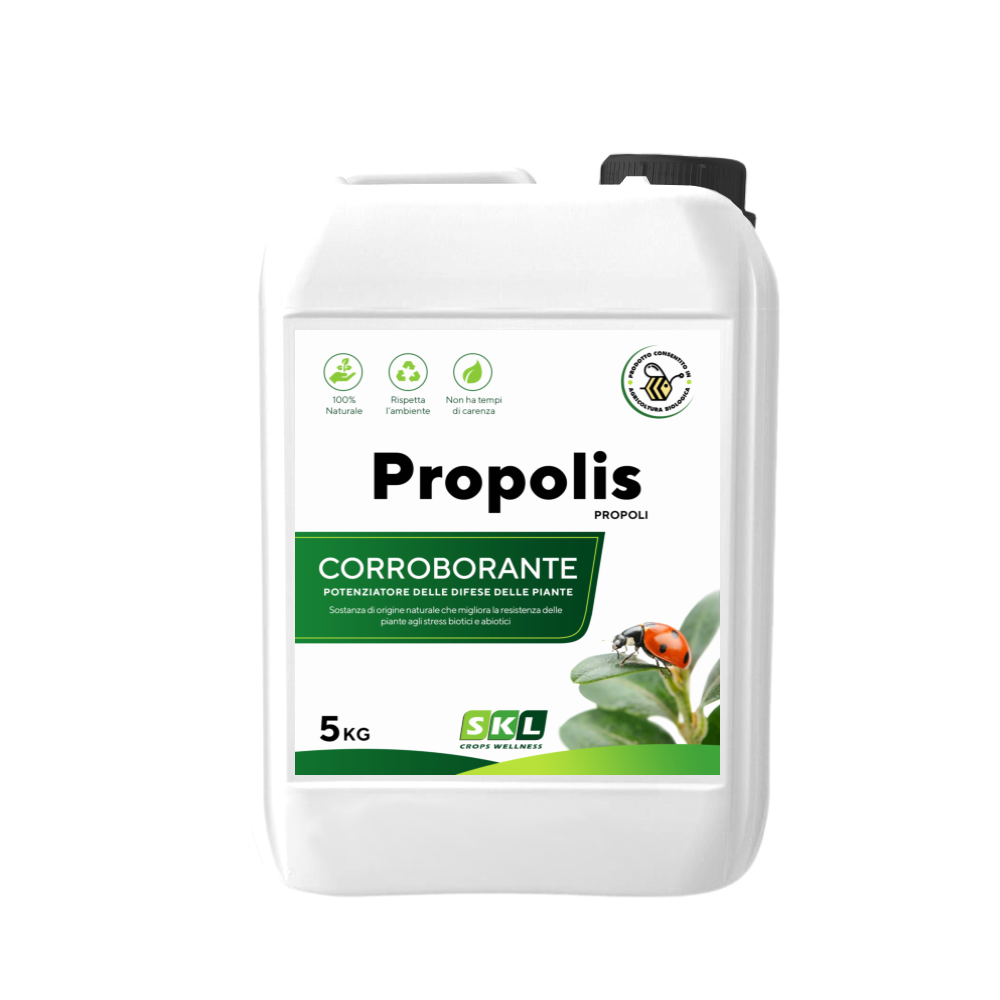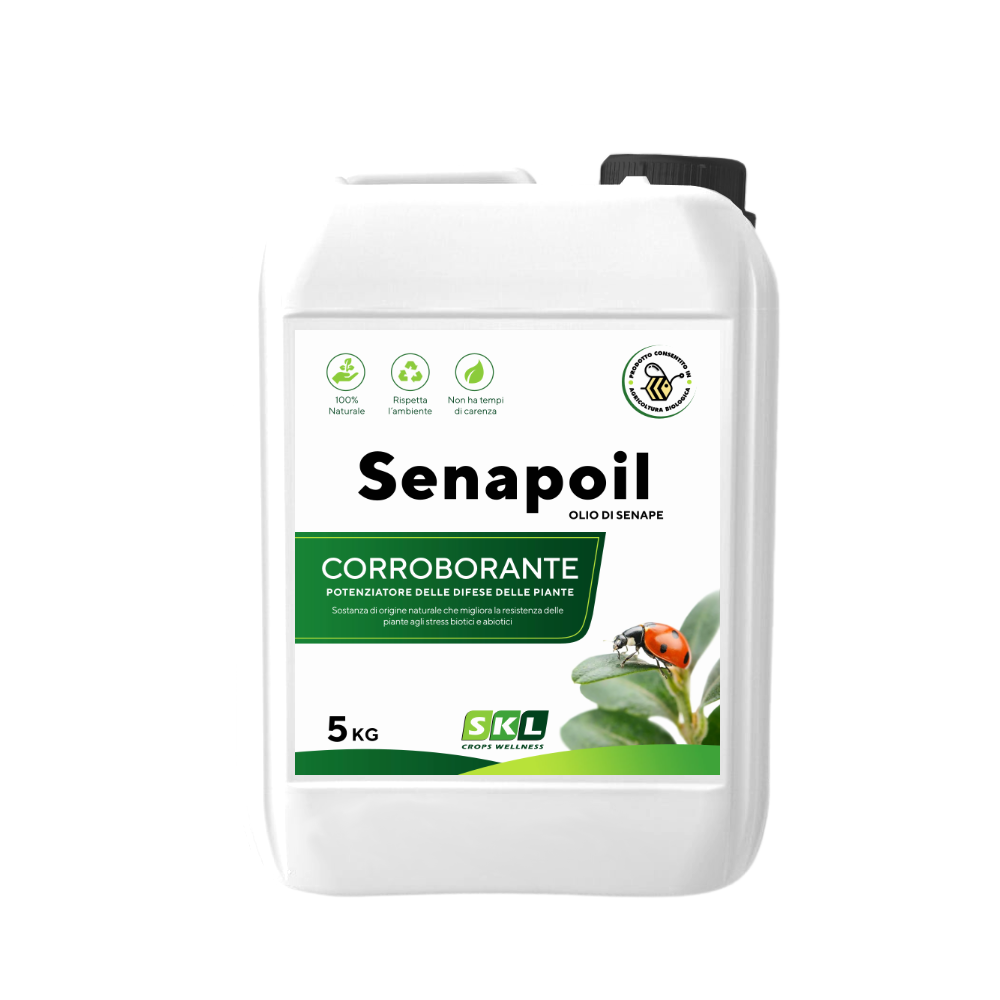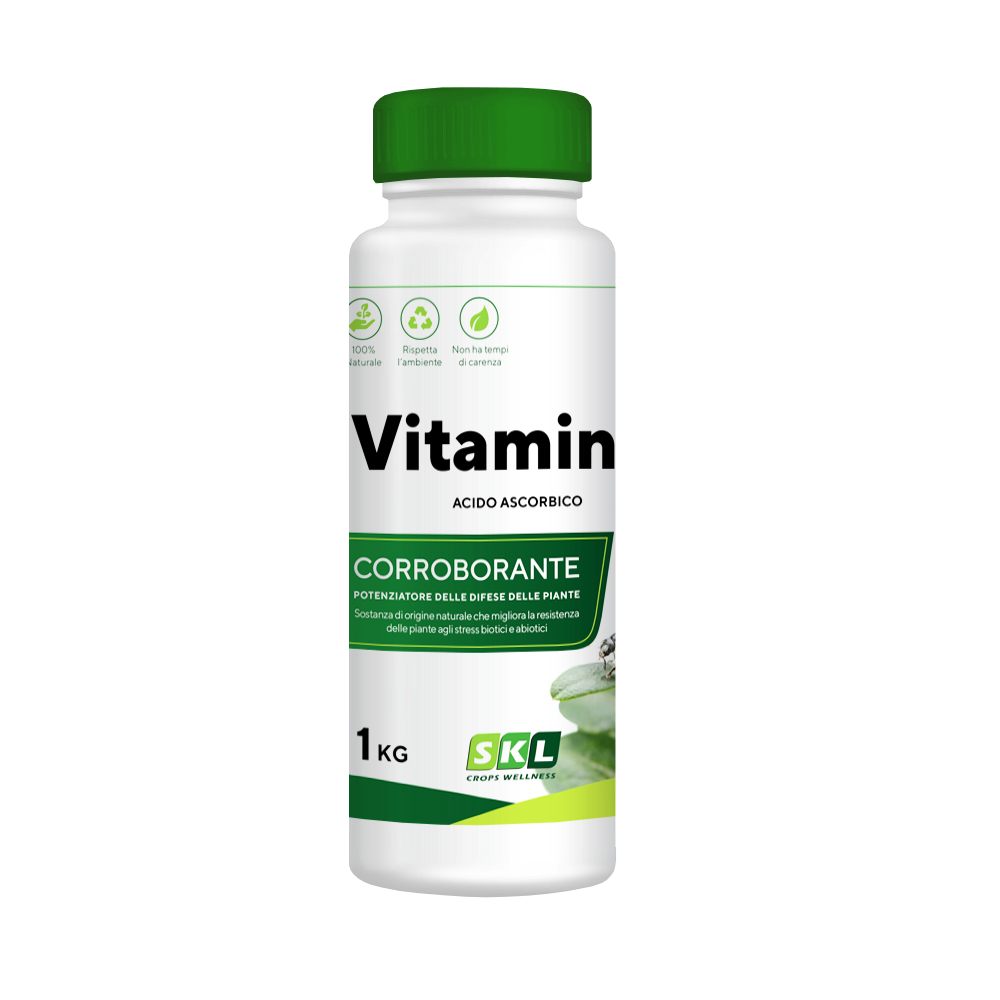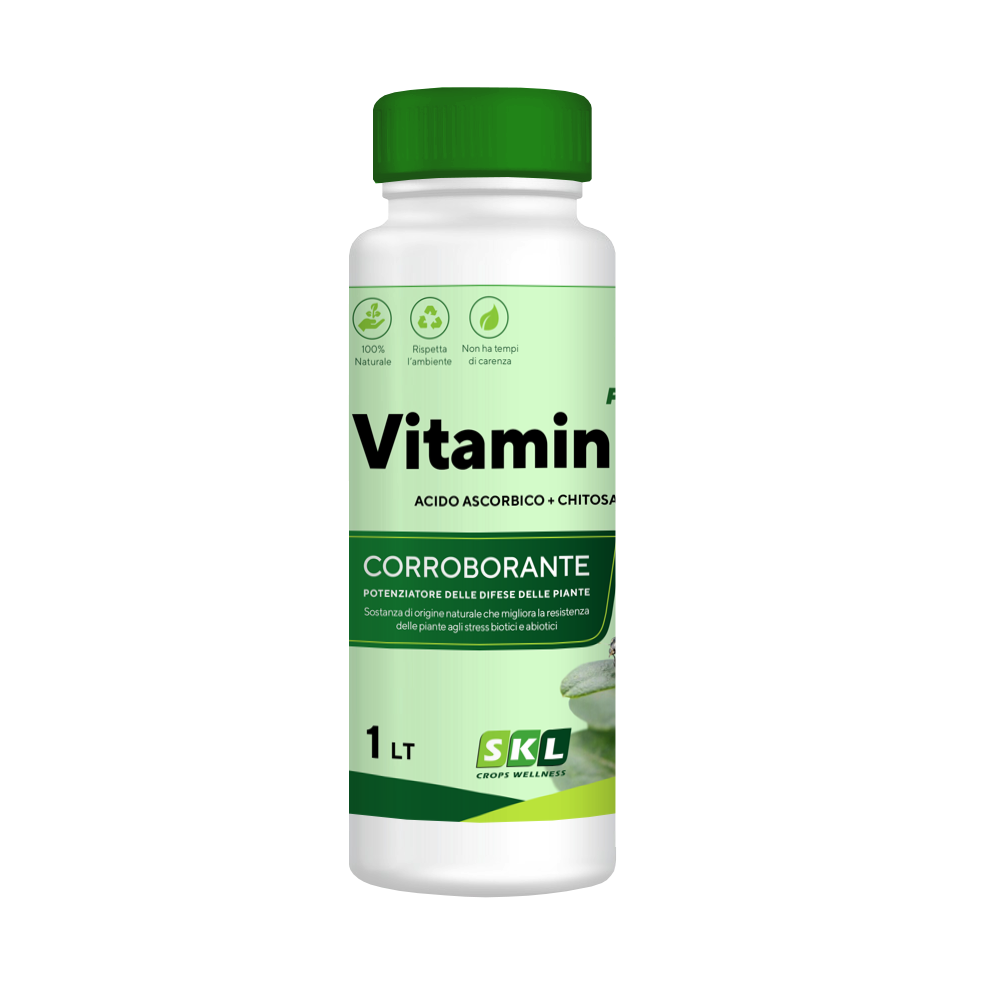Description
What is Palm Oil in Agriculture?
Palm Oil is an edible vegetable substance extracted from the mesocarp of palm tree fruits: Elaeis guineensis, Elaeis oleifera, and Attalea maripa.
Palm Oil is a "Strengthening agent" as it enhances the defense mechanisms of plants and their resistance to harmful organisms and non-parasitic damages.
What is Palm Oil for Agriculture composed of?
Palm Oil is composed of fatty acids esterified with glycerol; it has a high concentration of saturated fatty acids, particularly palmitic acid.
Monounsaturated oleic acid is also an important constituent of this oil; unrefined Palm Oil is an important source of tocotrienol, which is part of the Vitamin E family. Palm Oil is also rich in carotenoids such as Alfacarotene, Beta-carotene, and lycopene.
What is Palm Oil used for in Agriculture?
When applied in addition to phytosanitary products, it improves their diffusion, penetration, and adhesion, enhancing the plant's physiological processes, making them more efficient, and yielding better results in the field.
When applied alone to vegetation, it helps farmers protect fruits from biotic and abiotic stresses, hydrating the fruits during growth and protecting them from insect pests.
Dosage
It is recommended to avoid treatments at high temperatures
| Crops | Foliar (g/hl) |
| Fruit trees | 500 - 2000 g/hl |
| Industrial crops | 500 - 2000 g/hl |
| Vegetable crops | 500 - 2000 g/hl |
| Floriculture | 500 - 2000 g/hl |
| Lawns and golf courses | 500 - 2000 g/hl |


